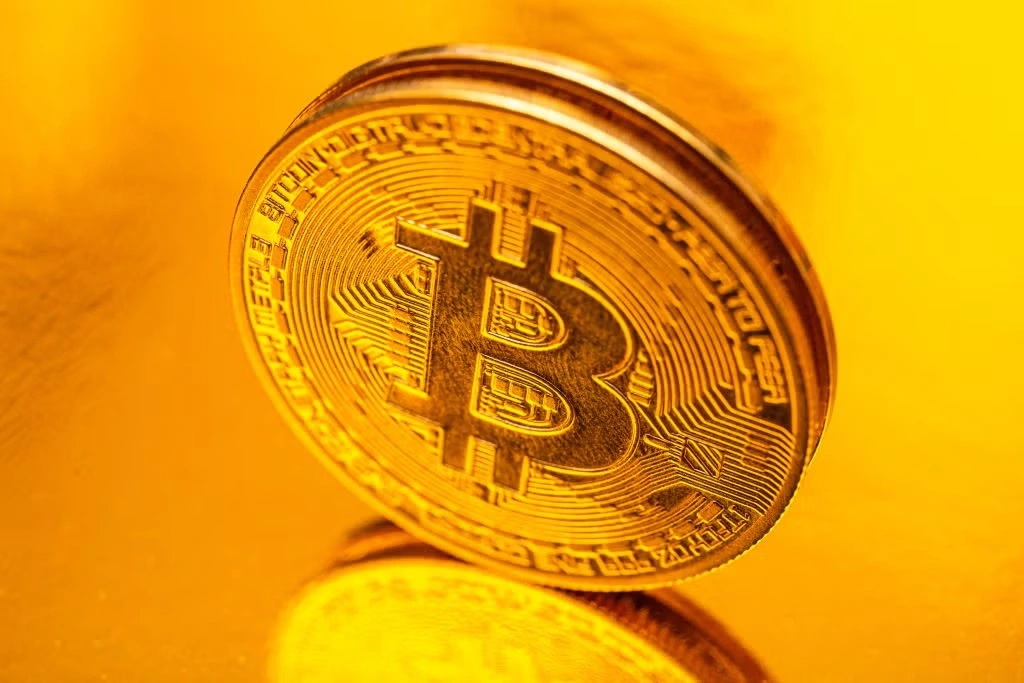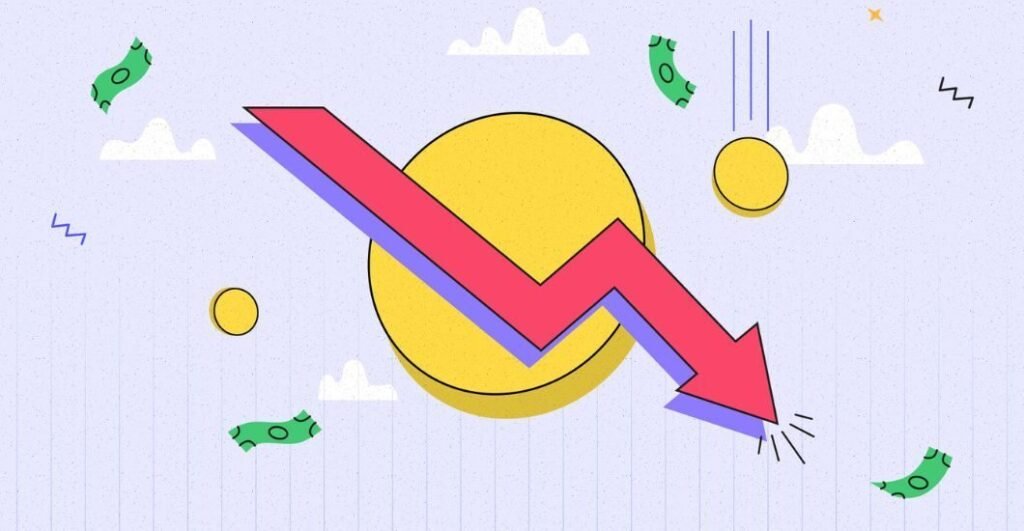Gold’s Timeless Appeal Enters a Digital Future
For generations, gold in Indonesia has been more than a commodity—it’s a cultural cornerstone. Whether given as dowry, stored as family savings, or passed down across generations, gold is intertwined with life’s most meaningful milestones. Yet, in 2025, this timeless asset is evolving in form while keeping its trusted function. The surge in gold tokenization Indonesia is enabling people to own gold in digital form, backed by real, audited physical reserves. No longer confined to safes, pawnshops, or jewelry boxes, gold can now live on blockchain networks, ready to be accessed anytime via a smartphone. This change is not eroding gold’s symbolic power; it is strengthening it by giving it new relevance in a fast-moving, mobile-first society. The idea of gold as both a store of value and a tool for digital finance is becoming the new normal for Indonesians.
The 2025 Ecosystem: Why Now for Tokenized Gold?

Source: Itmunch
A mix of economic, technological, and regulatory conditions has created fertile ground for tokenized gold to flourish in Indonesia in 2025. On the economic front, persistent inflation and currency fluctuations have made gold more attractive as a hedge, especially for the middle class. Technologically, blockchain platforms have matured, offering secure, user-friendly interfaces that demystify what was once a complex space. Regulators like BAPPEBTI have provided clearer guidelines, helping to legitimize gold tokenization Indonesia and reduce perceived risk. Meanwhile, fintech apps are making it possible for Indonesians to buy, hold, and transfer gold tokens in amounts as small as a few thousand rupiah—something that was unthinkable in the era of physical gold bars and coins. Together, these trends are making tokenized gold not just a curiosity, but a practical, accessible tool for wealth preservation.
Tokenized Gold: From Dormant Asset to Financial Engine

Source: INDEPENDENT
In Indonesia’s past, gold often sat idle—locked away as a form of security that could be relied upon in times of need but did little in the meantime. In 2025, that’s changing fast. Through tokenization, gold is gaining new utility. Now, holders of tokenized gold can stake it in DeFi protocols to earn passive income, use it as collateral for blockchain-based loans, or integrate it into automated investment plans. This means gold is no longer just something to hoard—it can actively participate in financial growth strategies. Young investors in particular are drawn to this blend of tradition and innovation. For them, gold tokenization Indonesia represents a way to honor their family’s financial customs while engaging with the digital tools of the future. It’s an evolution that feels both natural and necessary in a world where financial products are expected to be both stable and versatile.
Blockchain Brings Transparency and Trust to Digital Gold
A major factor behind the growth of tokenized gold in Indonesia is the enhanced transparency that blockchain offers. In the past, verifying the purity, weight, or storage of gold could be complicated, especially outside major cities. Now, platforms supporting gold tokenization Indonesia provide on-chain proof of reserves, real-time audits, and immutable records showing exactly where and how the gold is stored. This transparency builds confidence, especially among Indonesians who are cautious about digital finance. Add to this the ability to self-custody gold tokens in personal wallets, and users have unprecedented control over their gold holdings. The combination of cultural trust in gold and technological trust in blockchain is proving to be a powerful driver of adoption across the country.
Sharia Compliance Strengthens Appeal in Majority-Muslim Market
Indonesia’s large Muslim population is another reason tokenized gold is gaining traction so quickly in 2025. Gold has always been compatible with sharia principles—it’s tangible, universally valued, and free from riba (interest). Tokenization simply extends these characteristics into the digital age. Many platforms now promote sharia-compliant gold tokens, partnering with Islamic finance institutions and offering features such as zakat calculators or gold-based charitable giving tools. In this way, gold tokenization Indonesia aligns with both spiritual values and modern financial needs, allowing users to participate in digital finance without compromising their beliefs. This alignment is key to building trust and adoption among segments of the population that might otherwise hesitate to engage with blockchain-based products.
Cross-Border Utility: Gold Tokenization Indonesia- Tokenized Gold for Remittances and Beyond

Source: Native Teams
Indonesia is not just consuming tokenized gold domestically—it’s starting to use it across borders. With millions of Indonesians working abroad, remittance flows are enormous, and they often come with high fees and currency risks. In 2025, some platforms are exploring tokenized gold as a remittance alternative, enabling workers to send gold-backed tokens home to their families, who can then hold, convert, or spend the tokens as needed. This approach provides a stable store of value and reduces reliance on intermediaries. The success of gold tokenization Indonesia in remittance use cases could serve as a model for neighboring countries, creating a regional network for digital gold liquidity that benefits both individuals and economies.
The Road Ahead: Gold Tokenization Indonesia- From Niche Product to National Standard?

Source: Interactive QRIS
While tokenized gold still represents a small portion of total gold holdings in Indonesia, all signs point to continued growth. In 2025, we are seeing signs that tokenized gold could soon integrate with broader financial infrastructure—from super apps to national payment gateways like QRIS. There is increasing interest in using gold tokens for micro-savings, retirement planning, and even small business collateral. As gold tokenization Indonesia becomes better understood and more widely used, the distinction between physical and digital gold may begin to fade altogether. What’s clear is that tokenized gold is not a passing trend—it’s a natural extension of Indonesia’s enduring relationship with gold, now adapted for a digital future.
Conclusion: In 2025, Gold Tokenization Is Quietly Reshaping Finance in Indonesia
The rise of gold tokenization Indonesia in 2025 reflects something deeper than technological change—it signals a transformation in how people think about wealth, security, and financial participation. By blending the stability of gold with the accessibility of digital finance, tokenized gold is helping Indonesians navigate a world that demands both tradition and innovation. As adoption grows, expect to see tokenized gold move from the edge of finance to its center, quietly but powerfully reshaping how Indonesians save, invest, and plan for the future.



